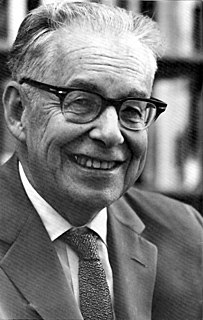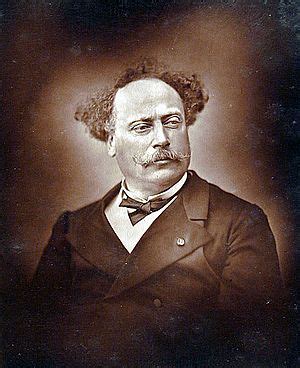A Quote by John Lancaster Spalding
As memory may be a paradise from which we cannot be driven, it may also be a hell from which we cannot escape.
Related Quotes
I cannot believe that our factory system is the best mode by which men may get clothing. The condition of the operatives is becoming every day more like that of the English; and it cannot be wondered at, since, as far as I have heard or observed, the principal object is, not that mankind may be well and honestly clad, but, unquestionably, that the corporations may be enriched.
The idea that a good God would send people to a burning hell is utterly damnable to me. I don't want to have anything to do with such a God. But while I cannot conceive of such a God, I do recognize the existence of a great universal power - a power which we cannot even begin to comprehend and might as well not attempt to. It may be a conscious mind, or it may not. I don't know. As a scientist I should like to know, but as a man, I am not so vitally concerned.
Time, which measures everything in our idea, and is often deficient to our schemes, is to nature endless and as nothing; it cannot limit that by which alone it had existence; and as the natural course of time, which to us seems infinite, cannot be bounded by any operation that may have an end, the progress of things upon this globe, that is, the course of nature, cannot be limited by time, which must proceed in a continual succession.
The Lord knows our bearing capacity, both as to coping and to comprehending, and He will not give us more to bear than we can manage at the moment, though to us it may seem otherwise. Just as no temptations will come to us from which we cannot escape or which we cannot bear, we will not be given more trials than we can sustain.
It is far. But there is no journey upon this earth that a man may not make if he sets his heart to it. There is nothing, Umbopa, that he cannot do, there are no mountains he may not climb, there are no deserts he cannot cross; save a mountain and a a desert of which you are spared the knowledge, if love leads him and he holds his life in his hand counting it as nothing, ready to keep it or to lose it as Providence may order.
I assert once again as a truth to which history as a whole bears witness that men may second their fortune, but cannot oppose it; that they may weave its warp, but cannot break it. Yet they should never give up, because there is always hope, though they know not the end and more towards it along roads which cross one another and as yet are unexplored; and since there is hope, they should not despair, no matter what fortune brings or in what travail they find themselves.


































